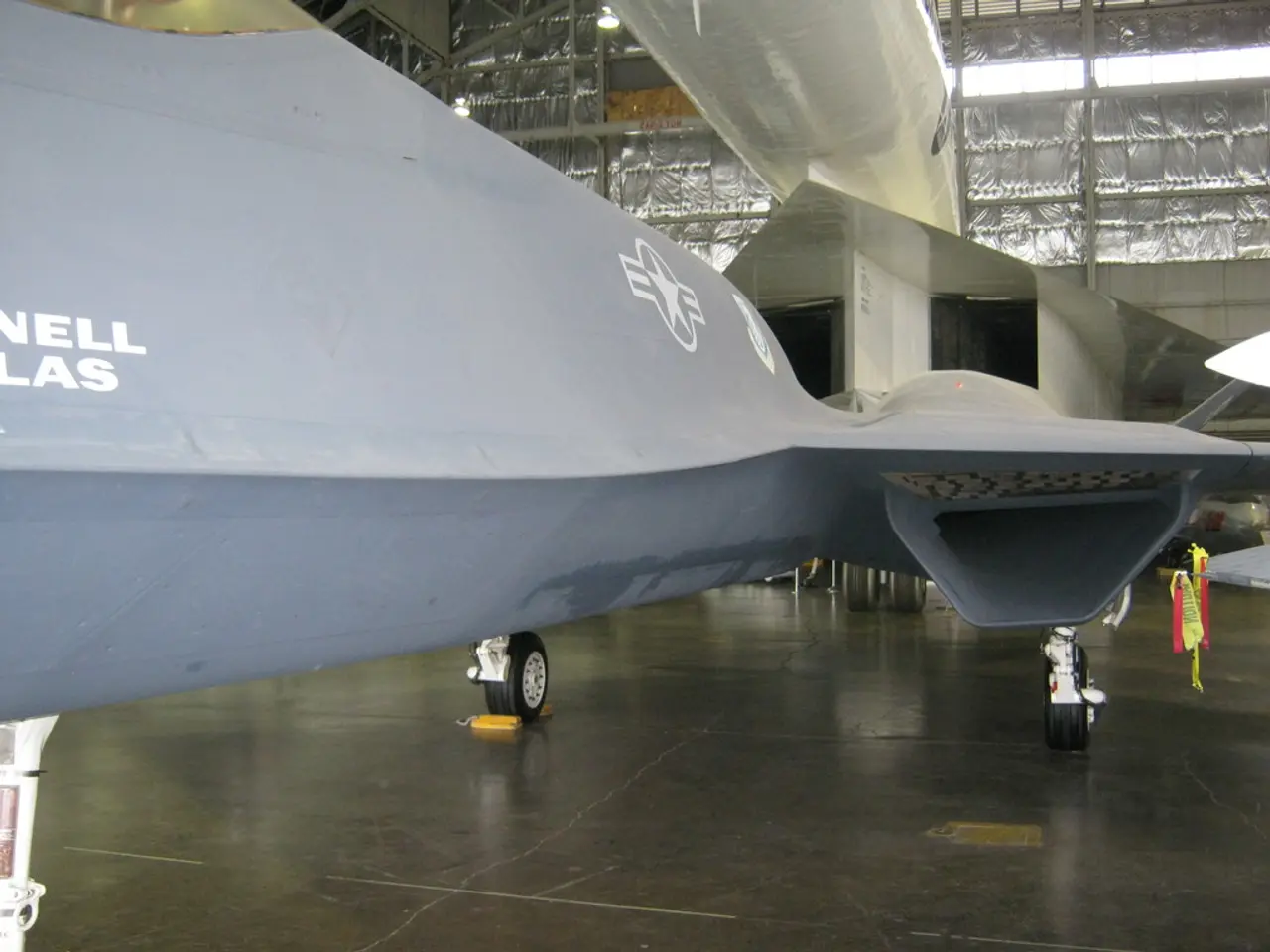Streamlining Your Routine through Habit Pattern Combination and Establishing Regularity
Flying can be a challenging experience for children with executive functioning issues, who may struggle with planning, task initiation, emotional regulation, and cognitive flexibility. However, with some preparation and strategies tailored to their needs, the journey can become less overwhelming and more navigable.
To make flying more executive function friendly, focus on strategies that support these areas throughout the travel process. Here are some evidence-based strategies to consider:
- Break down the flying experience into manageable steps. Create clear checklists for packing, arrival, security, boarding, and so on. This reduces overwhelm and helps with task initiation and follow-through.
- Use visual schedules or progress trackers. Provide multisensory reminders of where they are in the process and what comes next. This supports working memory and planning.
- Set SMART goals for the trip. Boost motivation and a sense of control by setting specific, measurable, achievable, relevant, and time-bound goals, such as being packed by 8 PM so you can leave on time.
- Rehearse expected situations and conversations. Improve cognitive flexibility and reduce anxiety by rehearsing scenarios like security checks and gate announcements beforehand through scripts or role-playing.
- Establish consistent travel routines. Reduce the number of decisions and support task initiation by packing the same items in the same order or following a travel day checklist.
- Incorporate emotional regulation techniques. Use grounding objects or mindfulness to manage stress and conflicting emotions during stressful moments like delays or crowded security lines.
- Recognize and celebrate small successes. Enhance confidence and motivation by acknowledging and celebrating achievements, such as getting through screening or boarding on time.
- Prepare for the ‘wall of awful’ moments. Break tasks into smaller, more manageable sub-tasks and use calming strategies to navigate emotionally overwhelming and hard-to-initiate parts of the trip.
In addition to these strategies, there are some practical tips to consider:
- Explain the flying process to your child in advance, so they know what to expect.
- Offer rewards for completing tasks related to flying to help motivate children.
- Make a packing and travel checklist.
- Role-playing can help kids practice following instructions, staying seated, and using quiet voices in an unfamiliar environment.
- Showing videos designed to help kids manage their executive functioning issues can help them be better prepared for the flight.
- Rehearse calming strategies before the flight to help your child feel more prepared and confident.
Remember, flying can be challenging due to daunting pre-flight tasks, overwhelming security checkpoints, crowds, confined spaces, and long flights. However, by setting boundaries, planning smart, and incorporating movement opportunities, you can make the experience less stressful.
Pack any medications or other essential items in your carry-on bag in case of lost luggage. Managing time is crucial, so arrive at the airport on time and allow enough time for things like checking in luggage and going through security. Bring snacks and drinks that will help to keep your child calm and comfortable.
Staying organized can be difficult, so pack noise-canceling headphones and earplugs, as well as a comfort item such as a favorite stuffed animal or blanket. Preparing for takeoff includes reminding children of rules for travel, explaining changes to the routine, and ensuring they have all necessary documents.
Finally, bring interactive games and toys to keep kids engaged and occupied during the flight. If possible, bring your own snacks and meals to prevent meltdowns and keep kids calm and focused. It can be challenging to stay calm during flights, but remember to take deep breaths and stay patient.
Ask for input from children with executive functioning issues when making travel decisions. They may have valuable insights and ideas to make the journey smoother and more enjoyable for everyone. With these strategies in mind, flying can become a more manageable and enjoyable experience for children with executive functioning issues.
Read also:
- Sunscreen: Its Capabilities and Limitations - Unveiling the Facts About Its Protection and Inefficiencies
- Fascinating Albino Bat Unveils 9 Remarkable Points You'll Adore
- Future Focus: Hoyer Prioritizes Safety, Environmental Sustainability, and Electric Mobility in Nufam 2025
- Comedian stricken with Coxsackie virus following a trip to Altai region







